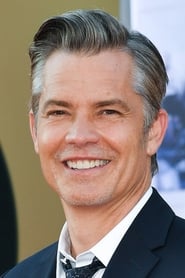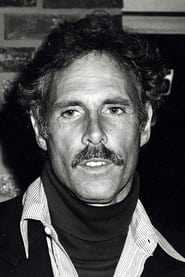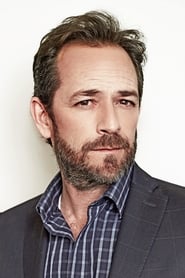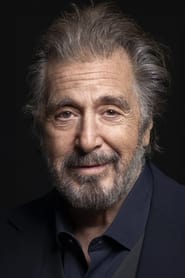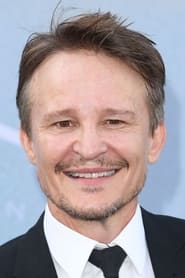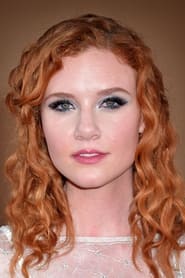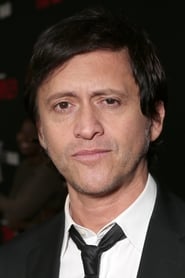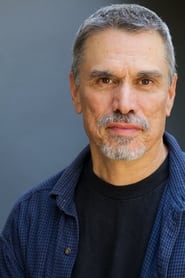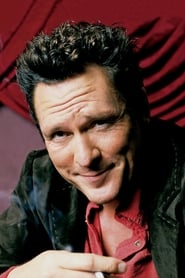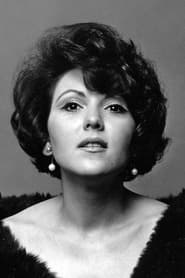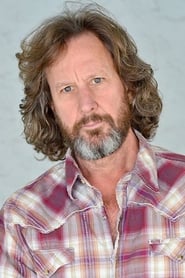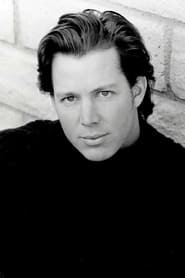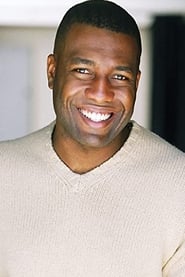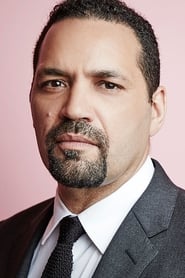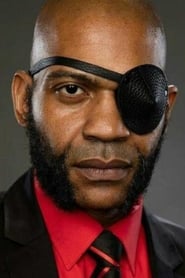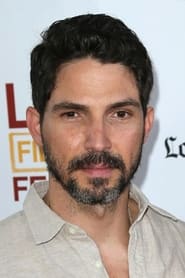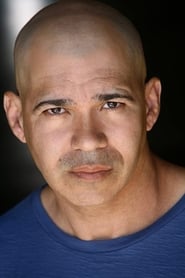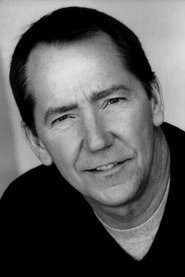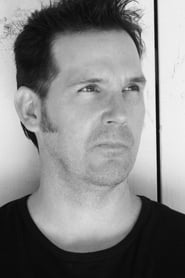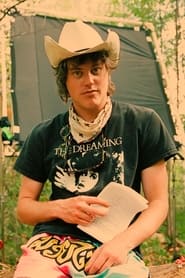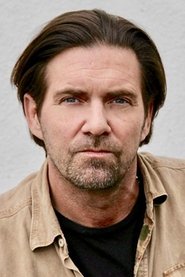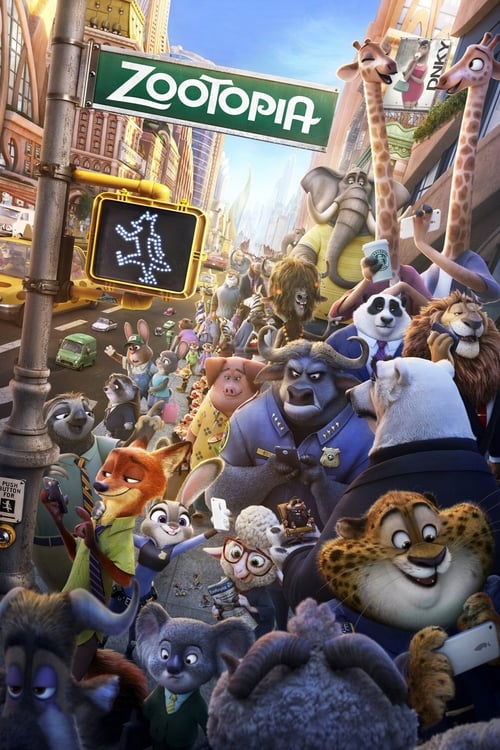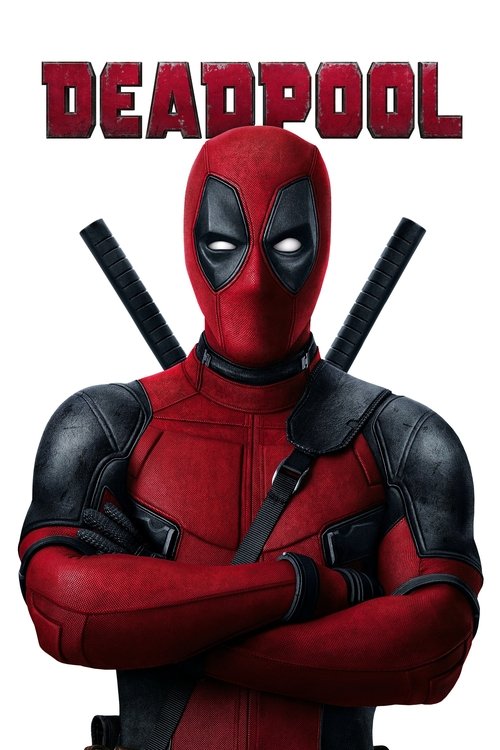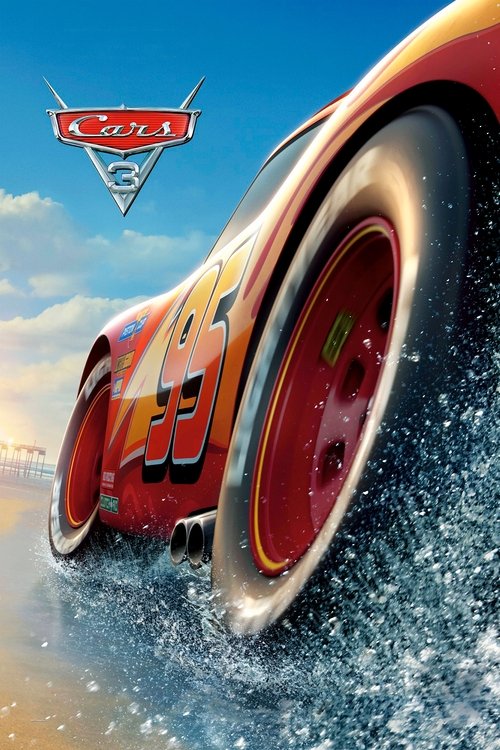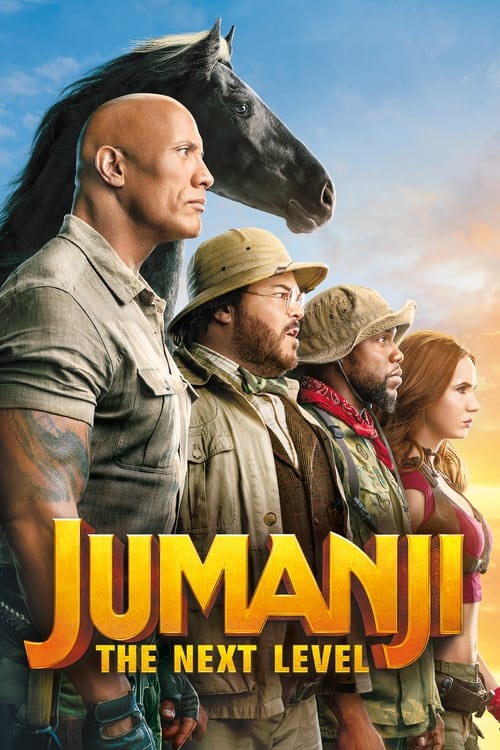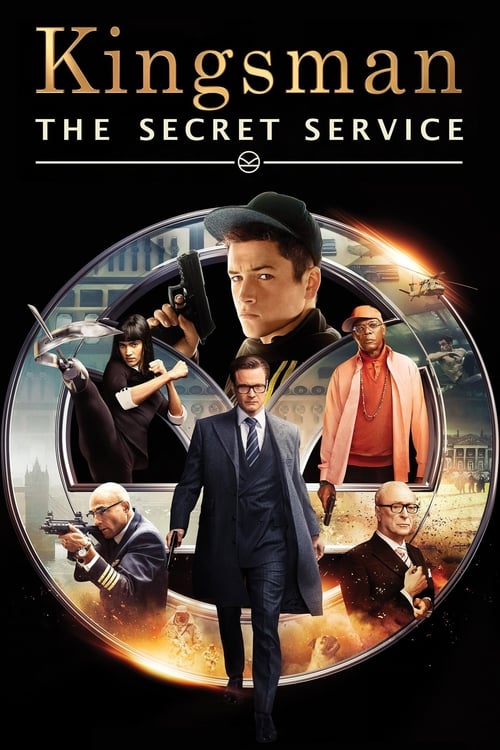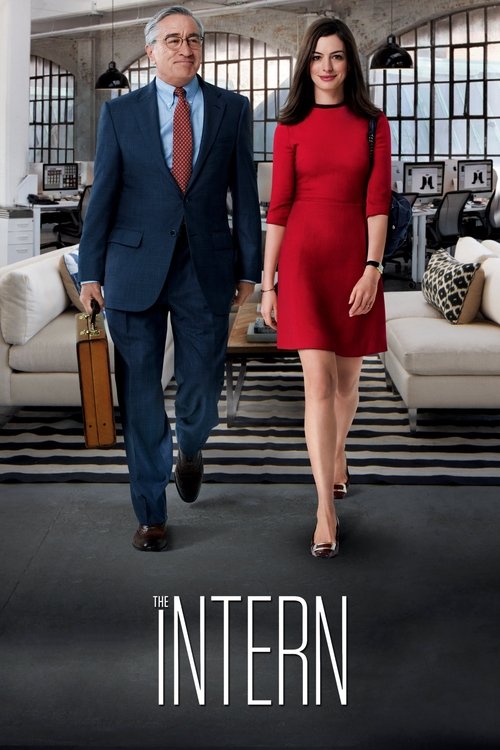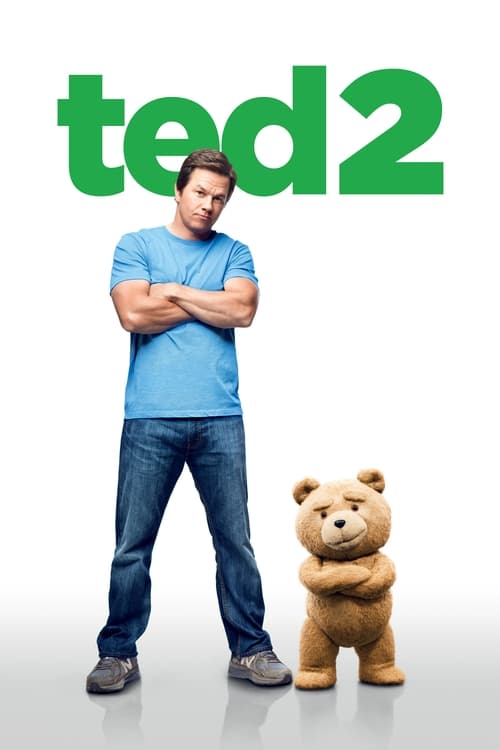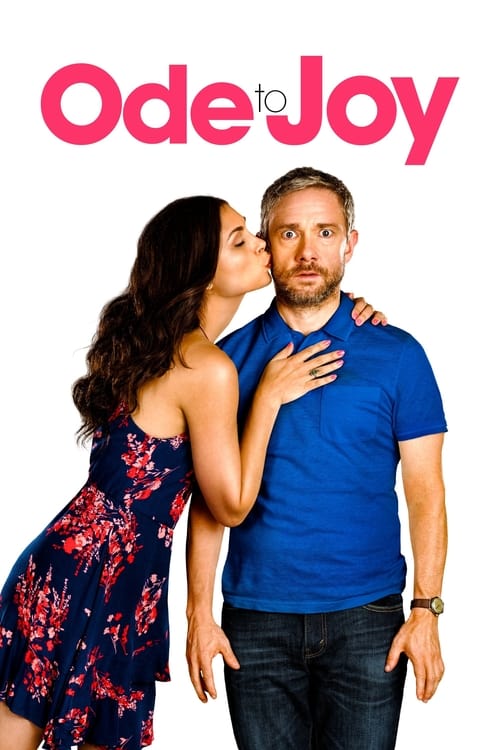
Ask Your Own Question
What is the plot?
In the shimmering heat of Los Angeles in the summer of 1969, the city pulses with the golden haze of a fading era. Rick Dalton, once a celebrated television Western star, finds himself teetering on the edge of obscurity. On the set of his show Bounty Law, Rick's insecurities gnaw at him. His hands tremble slightly as he delivers lines, his eyes betraying a man haunted by the creeping realization that the roles are drying up. His drinking is no longer a secret; it's a crutch. "I'm a has-been," he mutters bitterly to his stunt double and closest friend, Cliff Booth, a man whose calm demeanor and rugged toughness contrast sharply with Rick's jittery anxiety.
Cliff, a former stuntman with a reputation shadowed by rumors--whispers that he killed his wife--lives a solitary life in a trailer. His loyalty to Rick is unwavering, though his own prospects in Hollywood are dimming. Cliff drives Rick's car through the sprawling city, a silent guardian in a landscape that no longer feels welcoming. Their friendship is an anchor amid the shifting tides of Hollywood's changing face.
Next door to Rick's modest Hollywood Hills home lives the radiant Sharon Tate, a young actress glowing with the promise of stardom. She is introduced in a quiet, almost ethereal scene, sitting alone in a movie theater, watching herself on the big screen in The Wrecking Crew. Her laughter is light, her joy palpable--a stark contrast to the dark undercurrents threading through the city. Sharon's husband, director Roman Polanski, is away filming in Europe, leaving her to bask in the sunlit calm of their home.
Meanwhile, on the outskirts of the city lies Spahn Ranch, a decrepit former Western movie set turned hippie commune. Here, Charles Manson and his followers dwell in squalor and menace. The ranch is a symbol of decay, littered with rusting props and peeling paint. Cliff's encounter with the Manson Family begins when he picks up a young woman named Pussycat, a Manson follower, hitchhiking near the ranch. She leads him to the compound, where he witnesses the eerie, aimless energy of Manson's disciples. A tense confrontation erupts when a male follower slashes Cliff's tire, but Cliff's physical prowess quickly turns the tide, leaving the menacing group wary of the quiet stuntman's strength.
Back in Hollywood, Rick's career continues its downward spiral. His agent suggests he consider moving to Italy to star in spaghetti Westerns, a step down from his former glory but a chance to keep working. Rick wrestles with his fading relevance, his envy simmering as he watches Sharon's star rise next door. He tries to befriend her, offering a glimpse of his desire to connect with the innocence and success he once knew.
As August 8, 1969, descends, the tension in the city thickens. The real-life horror of the Manson Family's planned murders looms, but Tarantino's narrative veers into an alternate reality. On this fateful night, Manson's followers--Tex Watson, Susan Atkins, and Patricia Krenwinkel--arrive at Cielo Drive, intending to kill Sharon Tate and her friends. However, after a brief encounter with Rick Dalton, who insults them with a mix of bravado and fear, they shift their target to Rick's house.
Inside Rick's home, Cliff is present, high on an acid-laced cigarette, his senses dulled but his instincts sharp. His dog, Brandy, a fierce pit bull, senses the danger before Cliff fully registers it. The trio of intruders breaks in: Tex and Patricia force their way through the front door, while Susan attempts to enter from the side. Cliff, disoriented but unafraid, confronts them with a brutal calm.
Tex draws a gun on Cliff, but Brandy lunges, viciously biting Tex's arm and groin. Cliff seizes the moment, stomping Tex's face with savage force. He grabs Susan, smashing her head repeatedly against hard furniture until she lies motionless. Patricia, shrieking, flees into the swimming pool area where Rick lounges, initially oblivious to the chaos. Rick, startled but quickly recovering, retrieves a flamethrower he had kept from his old Western roles. With a grim determination, he unleashes a torrent of fire, engulfing Patricia in flames as she thrashes and screams, burning to death in the pool.
Amid the violent melee, Cliff is shot but not fatally wounded. Rick, his fear transformed into fierce resolve, shoots one of the attackers to finish the fight. The house, once a symbol of Rick's fading career, becomes a battleground where survival and friendship are forged in blood.
In this brutal rewriting of history, Sharon Tate and Roman Polanski remain untouched, their lives spared by the violent defense mounted by Rick and Cliff. The innocence symbolized by Sharon's pregnancy and radiant smile endures, a beacon of hope amid the carnage.
As dawn breaks over Los Angeles, Rick and Cliff share a quiet moment of relief and camaraderie. The city around them is forever changed, but their bond remains unbroken. Rick is finally invited into Sharon's home, a gesture that symbolizes his tentative acceptance into the new Hollywood and a future that, while uncertain, holds a glimmer of redemption.
The film closes with Rick and Cliff driving away from the house, the sun casting long shadows on the road ahead. Their friendship, tested and strengthened by violence and survival, is their true legacy in a world where the past can be rewritten and innocence preserved.
What is the ending?
At the end of "Once Upon a Time... in Hollywood," Rick Dalton and Cliff Booth confront the Manson Family members who invade their home. In a violent and chaotic climax, Cliff's dog, Brandy, plays a crucial role in defending them. The Manson Family members are ultimately defeated, and the film concludes with Rick meeting Sharon Tate, who is alive and well.
As the film approaches its climax, the scene shifts to the night of August 8, 1969. Rick Dalton, played by Leonardo DiCaprio, is at his home, feeling a mix of anxiety and nostalgia as he prepares for a party with his neighbors, the Polanskis. He is unaware that the Manson Family is on their way to his house, intending to commit a horrific act.
Meanwhile, Cliff Booth, portrayed by Brad Pitt, is at his own home, where he has just finished a long day. He is relaxed, enjoying a drink and the company of his loyal dog, Brandy. Cliff's demeanor is calm, but there is an underlying tension as he reflects on his past and the changing landscape of Hollywood.
As the Manson Family members, led by Tex Watson, approach Rick's house, they are filled with a sense of purpose and malevolence. They are determined to carry out their violent plan, believing they are fulfilling a mission. The atmosphere is thick with impending doom as they pull up to the driveway.
Inside, Rick and Cliff are unaware of the danger lurking outside. Rick is in a vulnerable state, grappling with his fading career and the fear of being forgotten in an industry that is rapidly changing. Cliff, on the other hand, is more grounded, embodying a sense of loyalty and protectiveness towards Rick.
The tension escalates as the Manson Family members enter the property. They are met with unexpected resistance. Cliff, alerted by Brandy, springs into action. The dog, fiercely loyal and trained, attacks one of the intruders, creating chaos. The scene is visceral, filled with the sounds of barking, shouting, and the struggle that ensues.
Rick, initially caught off guard, finds his courage and joins the fray. He grabs a flamethrower, a prop from one of his films, and uses it to defend himself and Cliff. The violence is intense and surreal, contrasting sharply with the idyllic Hollywood setting. The Manson Family members are overwhelmed by the unexpected ferocity of their victims.
As the dust settles, the remaining Manson Family members are either incapacitated or fleeing. The scene is chaotic but ultimately triumphant for Rick and Cliff. They have survived the night, and the threat has been neutralized.
In the aftermath, Rick, still in shock from the events, steps outside to find Sharon Tate, played by Margot Robbie, who has just returned home. She is alive and well, a stark contrast to the tragic fate that history had assigned her. Their encounter is warm and hopeful, filled with a sense of possibility. Rick introduces himself, and there is a moment of connection between them, symbolizing a new beginning.
The film concludes with Rick and Cliff standing together, reflecting on the night's events. They have faced danger and emerged victorious, but the world around them is still changing. The final moments encapsulate a sense of nostalgia for a bygone era, leaving the audience with a bittersweet feeling of what could have been. Rick's fate is one of renewed hope, while Cliff remains his steadfast companion, both men navigating the uncertain future of Hollywood together.
Is there a post-credit scene?
Once Upon a Time... in Hollywood does not have a post-credit scene. The film concludes with a powerful and emotional climax that wraps up the storylines of its main characters, Rick Dalton and Cliff Booth, without any additional scenes after the credits. The final moments of the film focus on the aftermath of the events that transpire at the Tate residence, leaving the audience with a sense of closure regarding the characters' fates and the alternate history presented throughout the narrative. The film ends on a poignant note, emphasizing themes of friendship, nostalgia, and the changing landscape of Hollywood in the late 1960s.
What is the relationship between Rick Dalton and Cliff Booth?
Rick Dalton, played by Leonardo DiCaprio, is a fading television star struggling to maintain his career in the late 1960s. Cliff Booth, portrayed by Brad Pitt, is his loyal stunt double and best friend. Their relationship is characterized by a deep bond, with Cliff often acting as Rick's support system, both personally and professionally. They share a brotherly camaraderie, with Cliff being the more laid-back and confident counterpart to Rick's insecurities.
How does Sharon Tate's character influence the story?
Sharon Tate, played by Margot Robbie, is depicted as a vibrant and carefree actress living in Los Angeles. Her character represents the innocence and optimism of Hollywood at the time. Throughout the film, her presence serves as a contrast to the darker elements of the story, particularly the looming threat of the Manson Family. Her scenes, filled with joy and light, highlight the tragic fate that awaits her, creating a sense of foreboding as the narrative unfolds.
What role does the Manson Family play in the film?
The Manson Family, led by Charles Manson, serves as a dark undercurrent in the film, representing the chaotic and violent shift in Hollywood during the late 1960s. Their presence is felt through the character of Tex Watson and other followers, who are shown lurking in the background, creating tension. The film builds towards the infamous night of the Tate-LaBianca murders, but in a twist, it reimagines the events, allowing Rick and Cliff to confront the Manson Family, ultimately subverting the historical tragedy.
What is the significance of the 'Lancer' TV show in Rick's career?
The 'Lancer' TV show is significant as it represents a pivotal moment in Rick Dalton's career. He is cast as the villain in a pilot episode, which symbolizes his struggle to transition from a leading man to character roles. This opportunity highlights Rick's desperation to remain relevant in an industry that is rapidly changing. His performance in 'Lancer' also serves as a turning point, showcasing his talent and ultimately leading to a moment of redemption for his character.
How does Cliff Booth's past affect his character in the film?
Cliff Booth's past is shrouded in mystery and hints at a darker side, particularly regarding the rumors of him having killed his wife. This backstory adds complexity to his character, suggesting a troubled history that influences his present actions and relationships. Despite this, Cliff is portrayed as a loyal and protective friend to Rick, embodying a carefree attitude that masks deeper emotional scars. His past informs his choices, particularly in how he navigates the changing landscape of Hollywood and his interactions with the Manson Family.
Is this family friendly?
"Once Upon a Time... in Hollywood" is not considered family-friendly due to several potentially objectionable elements. Here are some aspects that might be upsetting for children or sensitive viewers:
-
Violence: The film contains scenes of violence, including depictions of physical altercations and a climactic violent confrontation that may be disturbing.
-
Language: There is frequent use of strong language throughout the film, including profanity that may not be suitable for younger audiences.
-
Drug Use: Characters are shown using drugs, which may be inappropriate for children and could be concerning for sensitive viewers.
-
Sexual Content: There are scenes that involve sexual situations and suggestive themes, which may not be appropriate for all audiences.
-
Historical Context: The film references real-life events, including the Manson Family murders, which can be unsettling and may require a mature understanding of the historical context.
These elements contribute to the film's rating and overall suitability for younger viewers.








